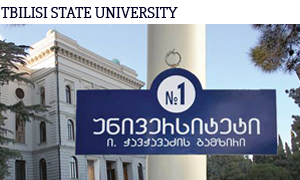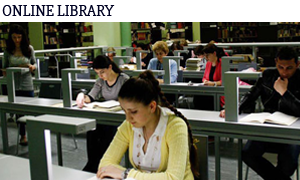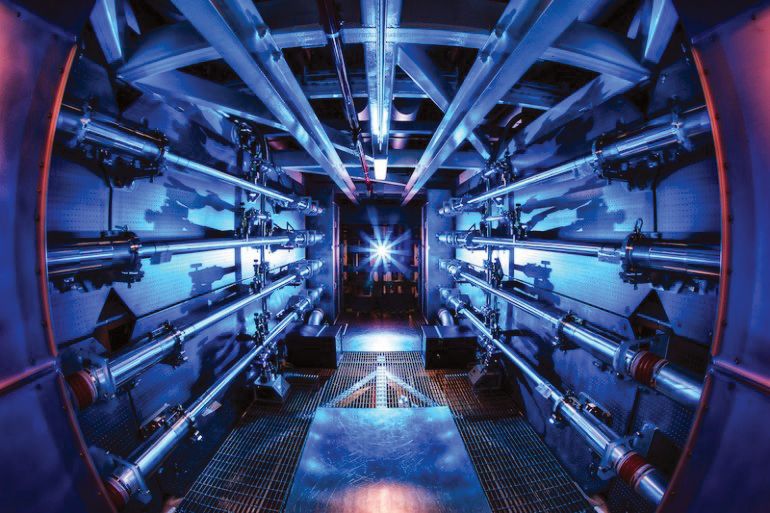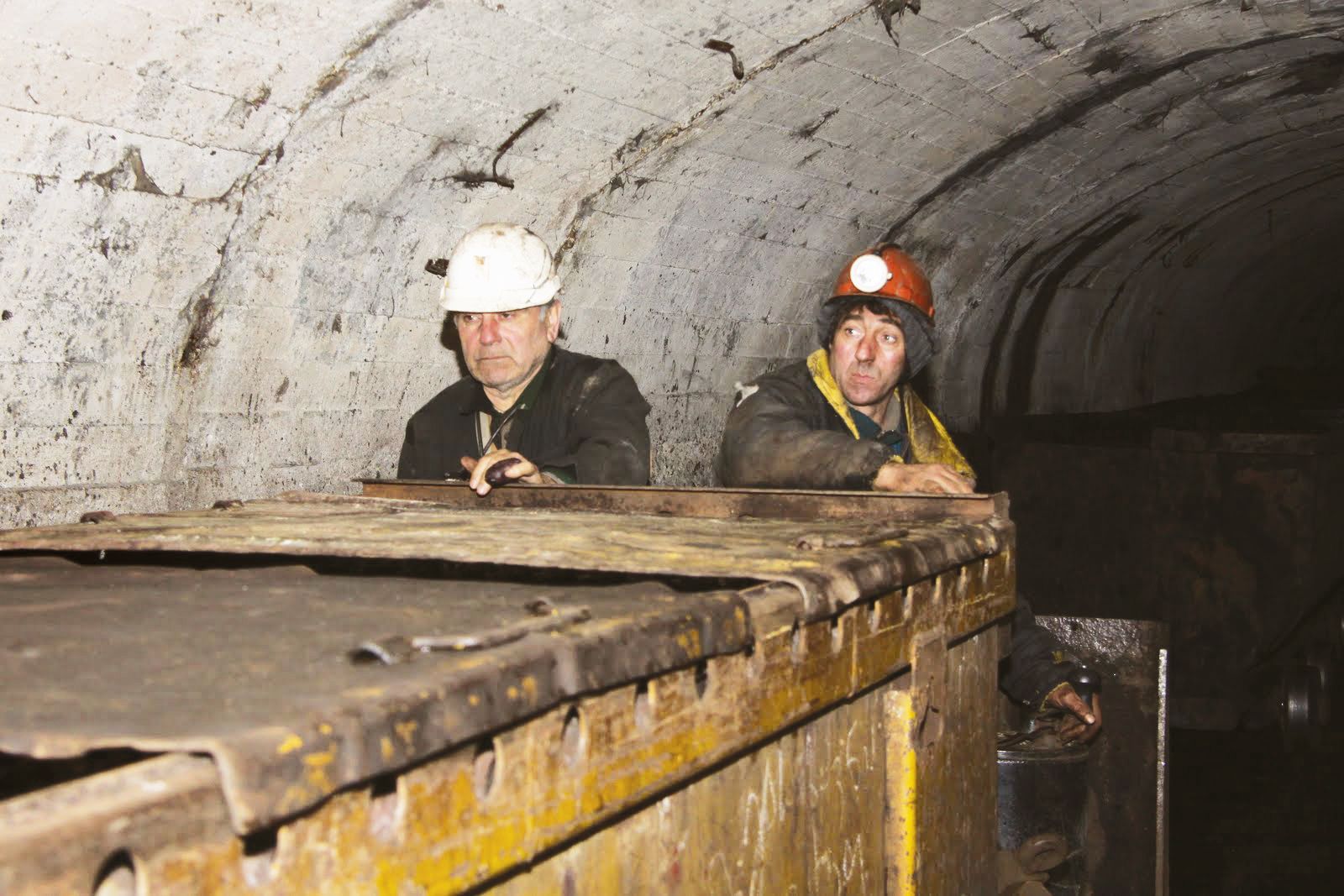
Journal Number: 5
The 21st century has seen new media developing rapidly, including blogs, social networks, online encyclopedias, various forums and many other Internet resources that imply maximum involvement and interaction between users. Social media research is new in Georgia and TSU scientists have begun a project through support of the Academic Swiss Caucasus Net (ASCN). This is the largest project prepared on this topic in Georgia, which discusses almost all the aspects of social media development.
In the light of limited natural energy resources physicists believe today that it is vitally important to consider generating electricity using controlled thermonuclear synthesis. To study thermonuclear synthesis, which is the same type of energy that makes sunshine, it is essential to study the features of plasma.
Professor Nodar Tsintsadze, Full Professor of the Subdivision of Plasma Physics at the Physics Department of the TSU Faculty of Exact and Natural Sciences since 1960, and Academician, points out that the USA, Japan, China, Russia and the European Union are financing research into laser thermonuclear synthesis as an alternative energy source. Since 2010, the European Union has been planning the construction of powerful equipment called HiPER (High Power Laser Energy Research Facility) which will produce high temperature plasma to enable favorable thermonuclear reactions.
Organ regeneration plays an important role in the main vital processes of living organisms. Scientists explain that usually physiological regeneration is the basis for tissue repair, while in cases of organ damage (traumas, pathologies) or resection (partial removal of an organ or other body structure), reparative regeneration takes place, ensuring partial or complete organ restoration.
Studying the existing coalfields and gas deposits available in Georgia has been a principal activity for TSU’s Caucasian Aleksandre Tvalchrelidze Institute of Mineral Resources. Apart from the economic significance of methane, it presents a hazard for local populations if not correctly managed. The tragic incidents of 2011-12 that took the lives of more than 20 miners as a result of methane explosions in a Tkibuli coal miners have shown it is essential to undertake further research. Between 2010 and 2012, with financing by the Shota Rustaveli National Science Foundation, the Institute carried out a geological and economic evaluation of gas in the Tkibuli-Shaori coal seams to substantiate a rationale and methodology for extraction.







